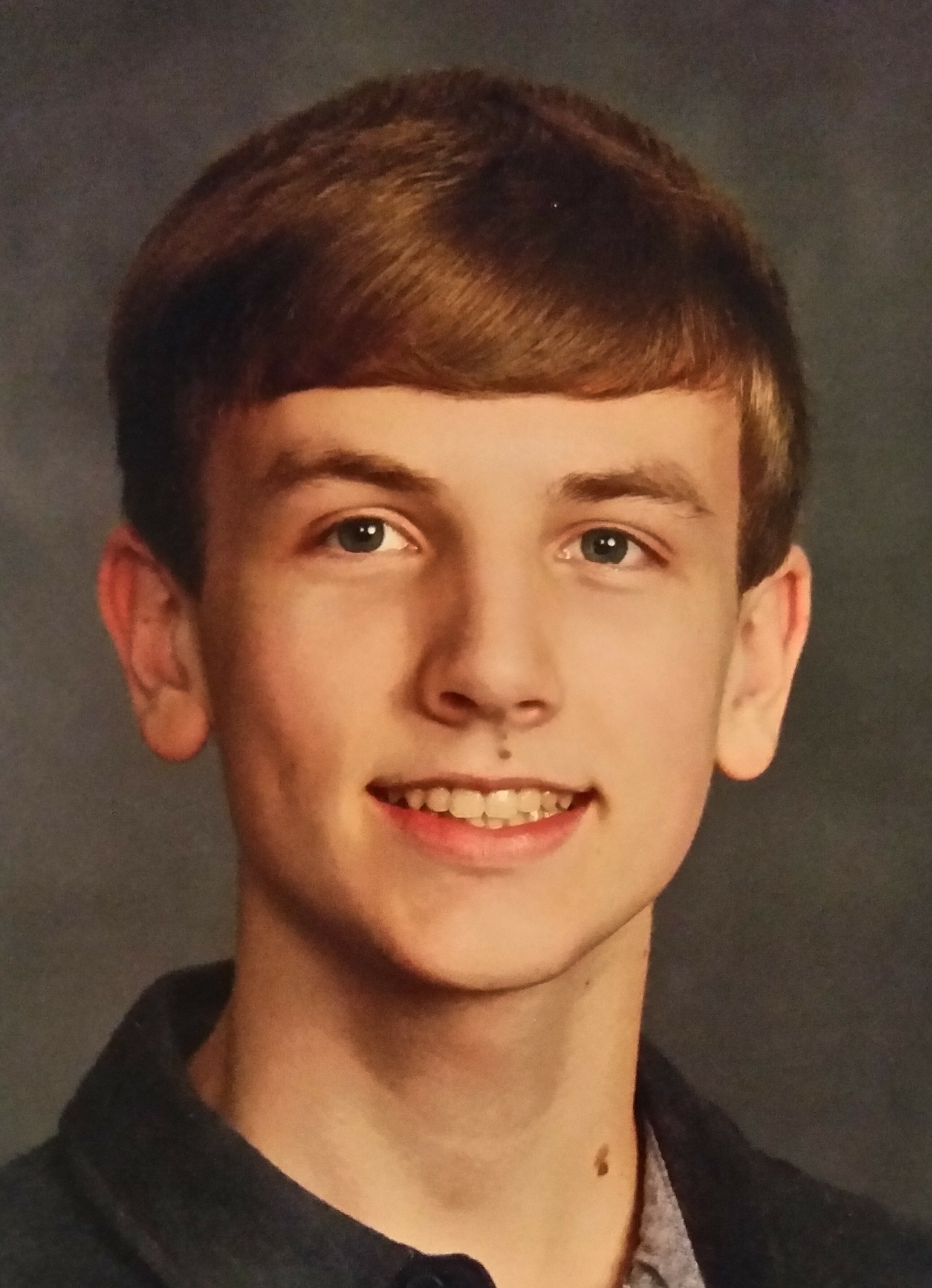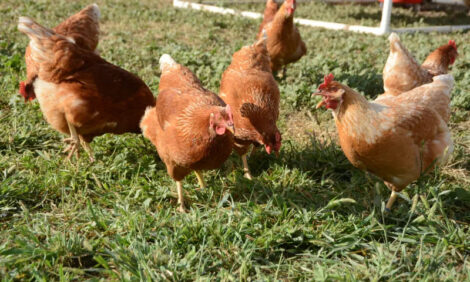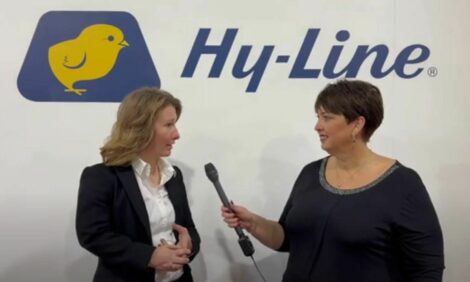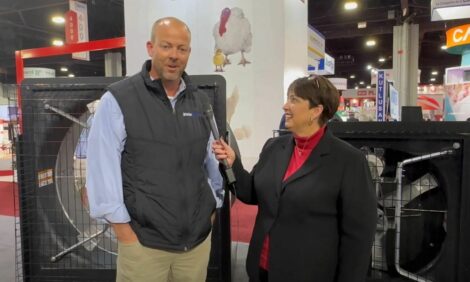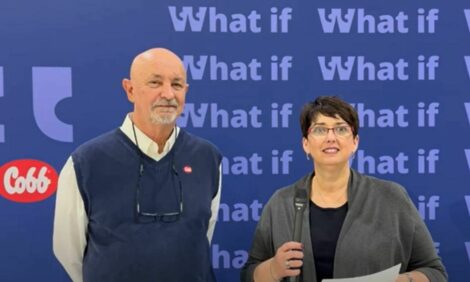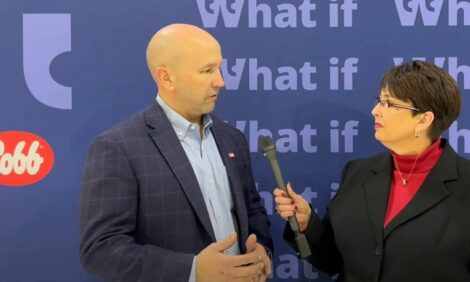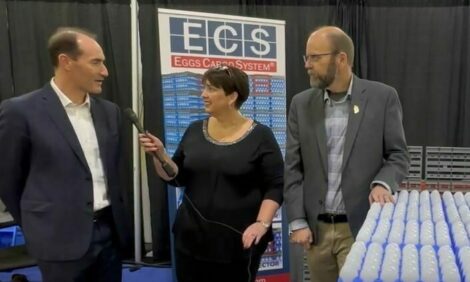



2023 IPPE: Royal Pas Reform is home of hatchery innovation
Learn more Royal Pas Reform's vision for the futurePart of Series:
Next Article in Series >
Bouke Hamminga, Director of Sales at Royal Pas Reform, spoke to The Poultry Site’s Sarah Mikesell at the IPPE conference in Atlanta, Georgia, USA on Tuesday.
“To Royal Pas Reform, Home of Hatchery Innovation is being innovative in the world and here at the IPPE ,” said Hamminga. “What we try to bring to the industry, both here and worldwide, is we want to bring integrated hatchery solutions. We make incubators; we make climate control; and we make automation that makes us stand out from other people in our line of business.”
Other companies sell incubators or climate control or automation, but Hamminga says Royal Pas Reform looks at these areas as a global package that they can deliver to customers. Beyond the hardware package, they also offer SmartCenterPro™ which is the integration of these three types of businesses. SmartCenterPro is a hatchery information system created to deliver precise, consistent process control, analysis and reporting for every level of hatchery operations.
Another important offering is the Royal Pas Reform Academy. It’s a central focal point and is how the company brings their business to the global poultry industry. It's not just about buying equipment, it's obtaining the knowledge along with it in order to optimize the equipment's use.
“With the newer incubators, we can control them from overseas, and we can teach people how to maintain their equipment from a distance,” he explained. “We have recently started going into preventive maintenance contracts. We have been blessed here in the US - out of the top 10, Tyson’s, Pilgrim’s, Koch Foods, Wayne-Sanderson Farms and House of Raeford Farms - for we count them all amongst our customers - and that's happened over the last six to eight years that we've been really operational here in the US expanding our global scale. What we bring is that we are royal - we are 100 years in business bringing incubation solutions to the world.
What’s next for Royal Pas Reform?
Hamminga says that data is important in determining what their future looks like as well as animal welfare and human health.
“We see avian influenza growing everywhere around the world,” he said. “Another part is the lack of labor that we see. We want even more integrated, more autonomous types of hatcheries.”
Royal Pas Reform has a novel piece of technology in their machine line that utilizes information from the egg to regulate its development.
“Now, that actually integrates the knowledge from the embryo in order to steer the machine, so we are not steering the machine. Basically, the embryo steers the machine,” Hamminga mentioned.
He says they still measure certain metrics throughout the egg incubation.
“We measure temperature, we measure humidity, we also measure weight loss. And for the first time in the industry, we measure the heartbeat,” Hamminga explained. “The heartbeat is something that we can learn a lot from in the future so that we can better understand what the embryo needs.”
Royal Pas Reform’s technology is also able to perform in ovo vaccinations and coccidiosis and salmonella vaccinations.
“We're even doing trials on nutrition, so we're going to be in ovo nutrition. We already feed the birds before they come out of the egg. Or, we prepare their immune system before they come out of the egg,” he said. "Then, we don't have to treat them anymore in the hatchery itself after hatch.”
To accomplish this level of data collection and analysis, Royal Pas Reform offers SmartSense technology using a next generation series of intelligent, high-accuracy sensors for both adaptive incubator control and predictive process information.
Next, Hamminga describes the role of the Royal Pas Reform Academy in educating producers using their technology.
“What we tried to do is educate as many people as possible, so we have an academy. In the US, we have two academies, one in Latin America, one in Africa, one in Europe, one in the Middle East and two in Asia. We bring people together, clients and non-clients,” said Hamminga. “We typically have groups from between 10 to 25, sometimes 80 people come, and we take them through a two to three day course in which we go from what the embryo needs to what the equipment can do and practice in a hatchery.”
Hamminga emphasizes that the academy isn’t just a classroom session, but it brings people together for collaborative learning experiences. He concludes that throughout the past 20 years, the Pas Reform Academy has trained hundreds of people to understand the needs of the growing embryo.








